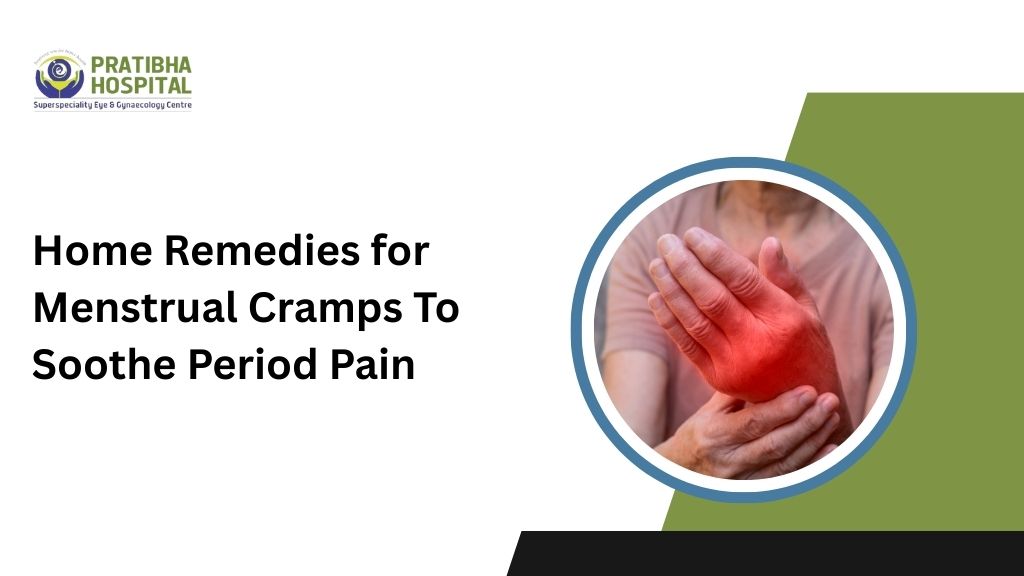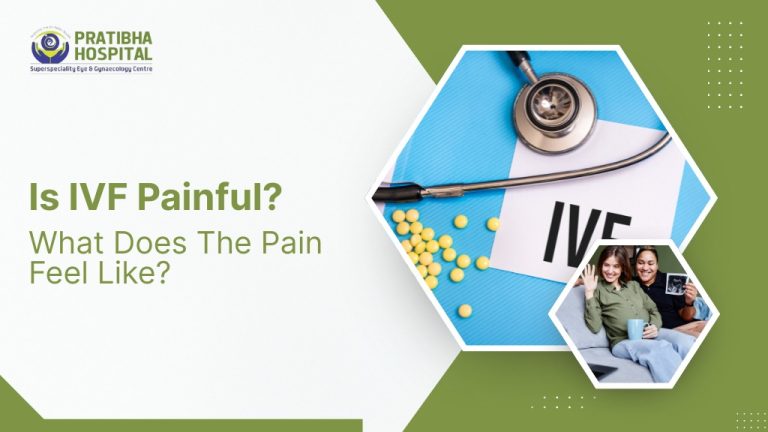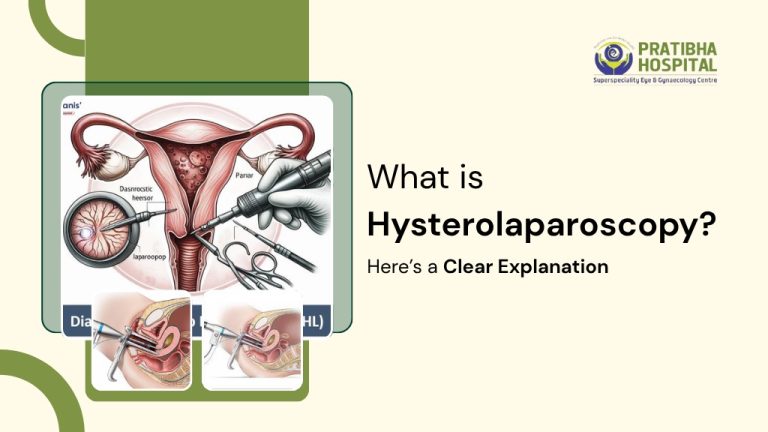Home Remedies for Menstrual Cramps To Soothe Period Pain
Menstrual cramps can mess up the whole day. The pain, the discomfort, and the tiredness are common problems women struggle with every month. While medications like NSAIDs (Non-Steroidal Anti-Inflammatory Drugs) may offer relief, they have side effects too, which is why more and more people are turning to home remedies for menstrual cramps to manage the period pain.
In this blog, we’ll explore practical, proven remedies you can try at home to reduce period pain, relax your muscles, and improve overall menstrual health—without popping pills.
What Causes Menstrual Cramps?
Menstrual cramps, medically known as dysmenorrhea, occur when the uterus contracts to shed its lining. This happens because of prostaglandins (a chemical compound made by the body that causes inflammation and pain).
While some discomfort is normal, what may cause trouble is intense or persistent cramps. here comes natural remedies that support your body, manage the discomfort, and bring balance back.
Why Choose Home Remedies?
Natural remedies can:
- Reduce dependency on painkillers
- Find the root cause, like inflammation and hormonal imbalance
- Offer comfort that lasts in the long term with fewer side effects
- Offer comfort that lasts in the long term with fewer side effects
Let’s look at the most effective home remedies you can try today for menstrual cramps.
Best Home Remedies For Menstrual Cramps
1. Apply Heat to Your Lower Abdomen
One of the simplest ways to relieve cramps is by applying heat. A heating pad, hot water bottle, or warm towel placed on your lower belly helps relax the muscles and increase blood flow.
Why it works:
Heat reduces uterine contractions and eases tension in pelvic muscles.
Tip: Use for 15–20 minutes while lying down or resting.
2. Sip Herbal Teas
Certain herbal teas can calm the body and reduce cramping.
Best options:
- Chamomile tea—natural anti-inflammatory
- Ginger tea -Ginger tea relieves feelings of sickness and pain
- Peppermint tea -soothes abdominal muscles
These herbs help reduce prostaglandin levels, which in turn decrease cramp severity.
3. Practice Gentle Yoga or Stretching
Movement can actually help in supporting the good circulation of blood in the body. Gentle yoga, stretching, or a light walk can release endorphins—your body’s natural painkillers.
Recommended poses:
- Child’s pose
- easy back twist while lying down
- back & belly stretch
These exercises reduce tightness in the abdomen by improving blood flow to the uterus.
4. Take a Warm Bath with Essential Oils
Adding some drops of essential oil to warm water enhances the relaxation and the effect.
How it helps:
Essential oils have the property of giving a natural calming.
Pro tip: Add Epsom salt for an extra magnesium boost.
5. Eat Anti-Inflammatory Foods
Your meal plate impacts how you feel during your period. Choose foods rich in:
- Omega-3s
- Magnesium
- Fibers
Avoid processed foods, sugar, caffeine, and salty snacks, which can worsen bloating and inflammation.
6. Stay Hydrated
Dehydration can make muscles more likely to cramp, especially those in your uterus. Drinking enough water helps reduce bloating and keeps the cramps under control.
Try: Warm lemon water, herbal infusions, or coconut water to stay hydrated with nutrition.
7. Massage Your Lower Abdomen
A gentle self-massage around the area of the lower belly can improve blood circulation and give relief from the cramps.
Use: A natural oil like coconut or almond; you will feel much better.
How to do it: Massage in slowly with gentle hands in circular motions for 5–10 minutes.
Bonus Wellness Tips During Menstruation
- Sleep well: Aim for 7–8 hours. Good rest helps better hormone functioning.
- Track your cycle: You can use the mobile application that can easily track the cycle period and the symptoms arising.
- Reduce stress: do what you like the most, which is not too tiring, which helps in calming your nervous system.
- Limit caffeine: It can worsen cramps for some women. Try herbal alternatives.
When To See A Doctor
Home remedies for handling mild to moderate cramps.
But if your pain:
- Is very intense
- Lasts longer beyond tolerance
- not letting you to do basic essential activities, not even resting
- Doesn’t improve with making changes with lifestyle
…it could be a sign of secondary dysmenorrhea, possibly linked to conditions like endometriosis or fibroids. Consult a gynecologist or women’s health specialist.
Conclusion
Managing period pain doesn’t always mean reaching for painkillers. There are some home remedies that offer gentle, effective relief in menstrual cramps with the use of easily available resources—heat, herbs, food, movement, and rest.
Every woman’s cycle is slightly different, so be kind to your body. Experiment, track what works, and focus on building habits that support your long-term menstrual health.







